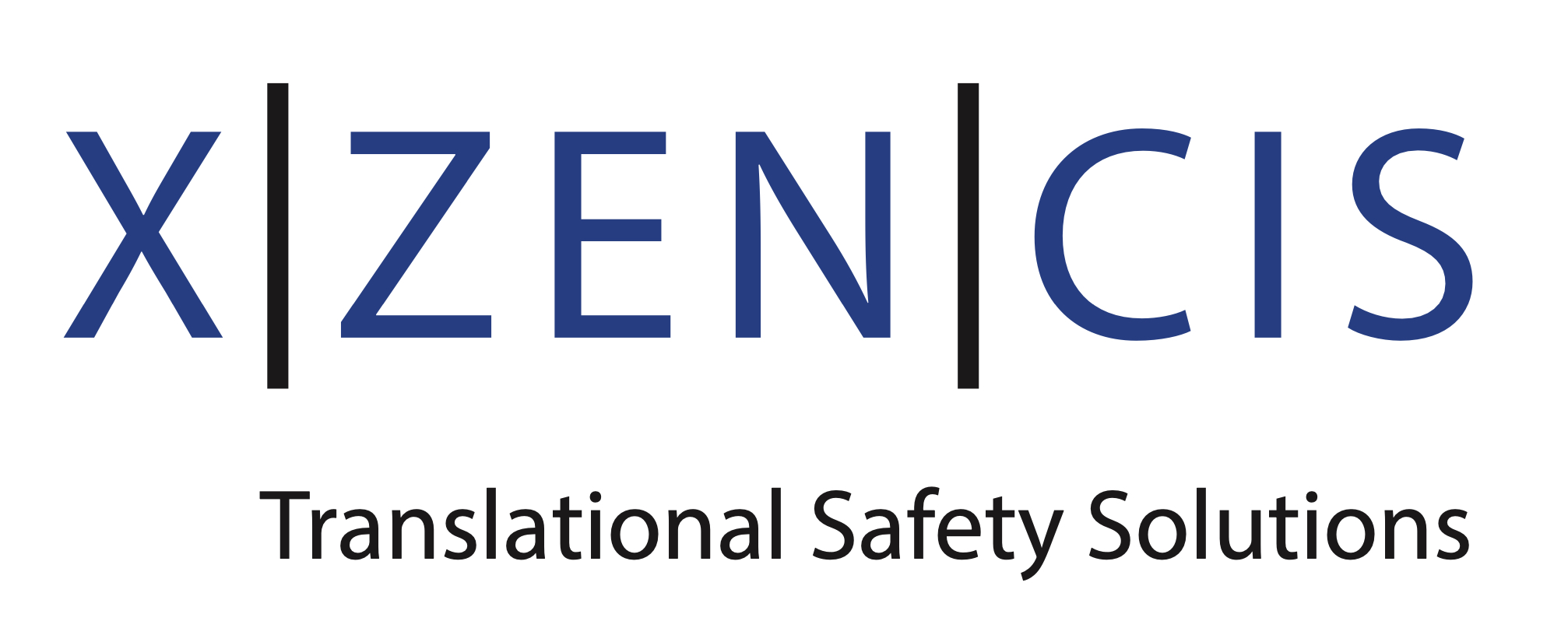By Xzencis AB
Embrace regulators as your allies, Xzencis advises biopharma companies
Mölnlycke, Sweden: – Pharma and life sciences safety consultant Xzencis says too many biotech and start-up companies are failing to engage with regulatory agencies early enough in their drug discovery processes, thereby passing up valuable opportunities and resources.
Xzencis Managing Director and founder, Dr. Steffen Ernst, Xzencis points out that most early-stage biopharma companies tend to build their preclinical and clinical strategies entirely unaided or with inputs from personal networks or external consultants.
“Few biotech and start-ups use the broad spectrum of advice and consultation through national regulatory agencies or the European Medicines Agency,” says Dr. Ernst.
“Overall, regulatory scientific advice and counsel is one of the most impactful strategic de-risking tools available to the pharmaceutical industry. Sadly, seeking advice from the agencies is often done too late – but never too early,” he declares.
Allies, not enemies
Xzencis stresses that executing the right strategy is more important than ever in a world of increasing interest rates, skyrocketing costs, drying up funding opportunities, and ever-lower tolerance levels for mishaps and mistakes.
Yet even many of those biopharma companies with demanding or complex constructs and unclear development paths avoid voluntary contact and interaction with regulators ‘at all costs’, the company notes.
“We may be biased here as we mostly see companies who would have benefitted tremendously from regulatory advice at earlier stages. But we believe the attitude of postponing agency contact until inevitable is unjustified, shortsighted, and occasionally detrimental,” says Xzencis.
“This is not the time and place to indulge in procrastination. Regulatory agencies are not the enemy – they are as interested in bringing new, better treatments, medical devices, and diagnostics to patients as those working in biotech and start-ups,” it emphasizes.
When in doubt, just ask
“Admittedly, regulatory processes follow a complex choreography, and communicating with agencies can be perceived as scary and intimidating. However, the pressure comes primarily from within biotech and start-ups themselves. Nobody expects newcomers be perfect – the agencies know perfectly well that not everyone looks back at 20 years of experience in regulatory interactions. There is nothing wrong in asking when something is unclear,” Xzencis advises.
“The upside of sound regulatory consultation or formal scientific advice is tremendous,” says Dr. Ernst, pointing out that an agreed development strategy to the next milestone or marketing authorization is hugely valued by sponsor companies and existing or future investors and allows available resources to be deployed far more effectively.
Win-win approach
He insists that there are no downsides to early consultation with regulators, only potential gains.
“Should the consultation reveal an insurmountable difference in opinion on your strategy or gaping holes, e.g., in your preclinical safety plans or clinical trial designs, it is much better (and cheaper) to find out beforehand than facing the catastrophe later on,” Dr. Ernst points out.
“Indeed, one may get the same advice from a regulatory consultant. However, as many topics are subject to different opinions and interpretations, consulting those having the final word is highly advisable. From a cost perspective, agency advice is often cheaper than consultants, occasionally even gratis. Recognized Small Medium Enterprises (SMEs) also enjoy a range of discounts and other incentives,” he adds.
Dr. Ernst further stresses that while Xzencis can help biotech and start-up companies through all flavors of national, simultaneous, EMA, FDA, and parallel EMA/US FDA advice procedures, it will not accept delegations like seeking agency advice on behalf of clients, as a matter of principle.
“Scientific Advice is a brilliant opportunity for biotechs and start-ups to interact directly with regulatory agencies. The experiences and learnings would be wasted by delegating the process to a consulting firm. The topics,positions, and questions must come from the sponsor companies, but we can help with that. We assist in developing the cases, the preparatory documents and submissions, and, eventually, implementing the agencies’ advice into strategy and action,” Xzencis explains.
About Xzencis AB
Xzencis provides a wide suite of expert consultancy services focused on Translational Safety Solutions: planning and executing transitions and problem solving along the entire pharmaceutical value chain from pre-clinical target to market launch and beyond.
The company’s strength is based on in-depth subject matter expertise in medicinal regulation, toxicology, clinical Patient Safety (PS) and Pharmacovigilance (PV), business administration, business development and licensing uniquely combined with hands-on business experience. These allow us to assist any life sciences company or organization with safety and regulatory issues, such as strategy development and execution, pre-clinical and clinical challenges, inbound or outbound licensing, building safety value chains, governance, Due Diligence assessments for investors and organizational design of safety departments.
Where extra personnel are required, Xzencis can call on an extensive network of senior, experienced Toxicologists, NCDS sub-discipline experts, Safety Physicians, Safety Scientists and PV Systems experts – all with tested and proven, impeccable track records.
Learn more at: www.xzencis.com
Resources
Click on Xzencis pre-clinical and clinical services for further information.


















